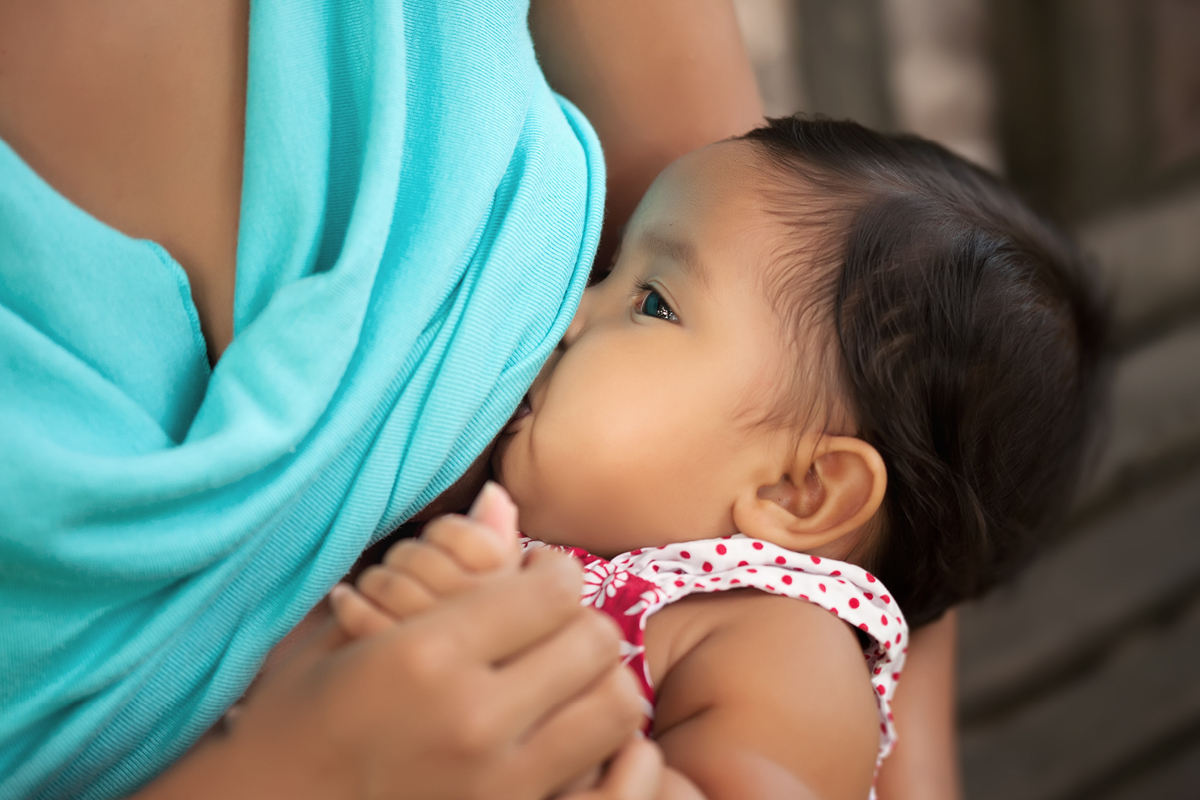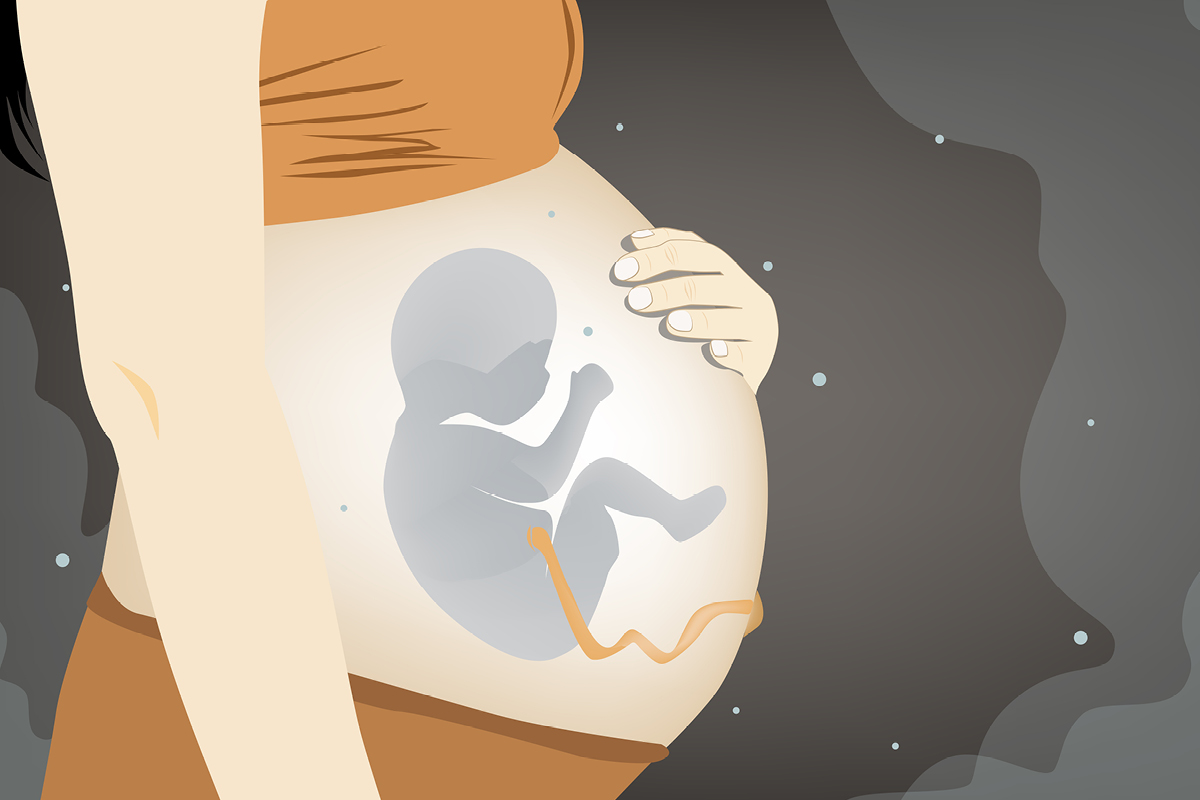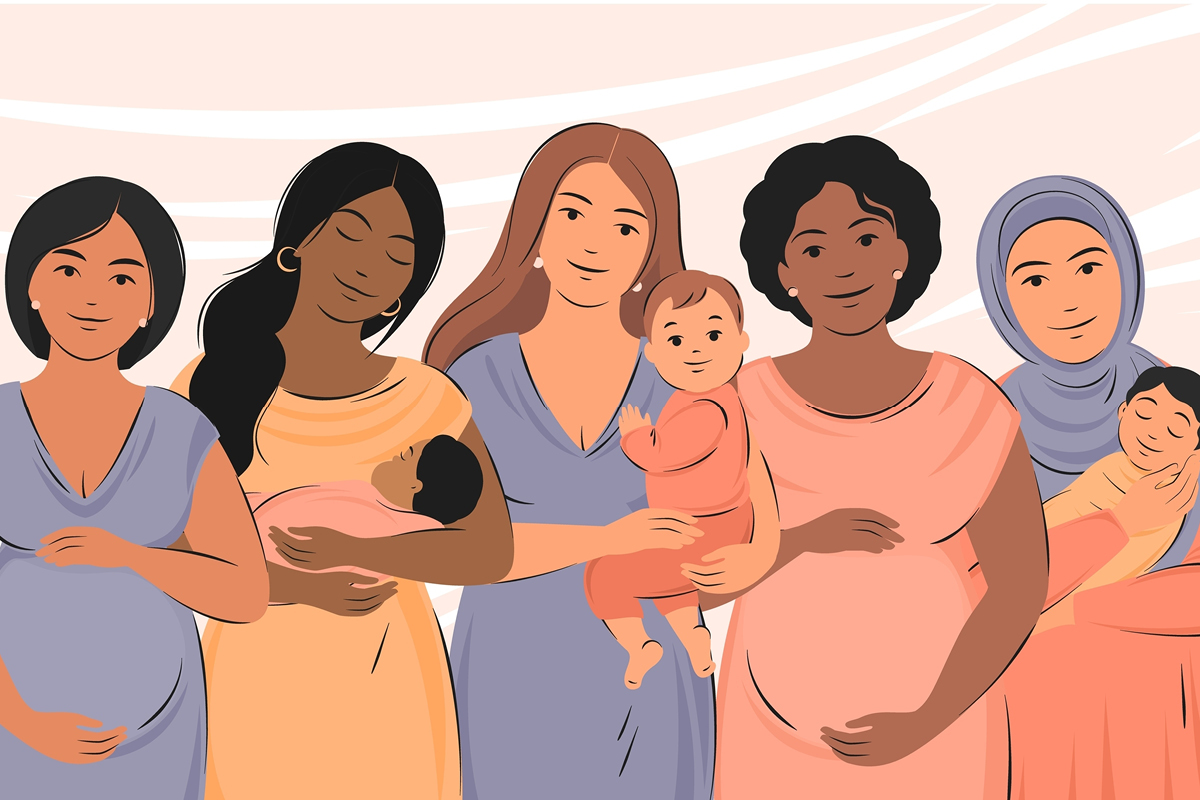Unlocking Public Health
Quick summaries of impactful Rollins research

JOURNAL |Environmental Health Perspectives
THE BIG MESSAGE | Small-scale poultry farming for meat and eggs is very prevalent in low- and middle-income countries (LMICs), and it is also a significant source of the germs that cause diarrheal diseases, which are a leading cause of childhood illness and death. This study used interviews to understand how chickens move through the food system in Mozambique and samples to quantify contamination at various critical points. Researchers found widespread contamination with Campylobacter and Salmonella in poultry, which increased as it moved from farm to point of sale. Thus, while controlling contamination on farms is important to limit the spread of foodborne illness, it is equally important to take steps to prevent contamination as food moves through the system, especially at markets.
ROLLINS AUTHOR(S) | Frederica Lamar, PhD; Courtney Victor; Bethany Caruso, PhD; Matthew Freeman, PhD
JOURNAL |JMIR Public Health and Surveillance
THE BIG MESSAGE | COVID-19 mitigation behaviors include masking, social distancing, and hand hygiene. Using survey data, researchers in this study looked at how common each of these behaviors was when COVID-19 rates were at their highest and the vaccine was not yet available. They found that mask wearing was the most common practice, followed by social distancing, frequent handwashing, and hand sanitizing. Women, older people, Black and Hispanic individuals, those who had not graduated college, and service workers were the most likely to practice mitigation behaviors. This points to a need for messaging that encourages mitigation practices and focuses on addressing the disparities in those practices during future outbreak responses.
ROLLINS AUTHOR(S) | Travis Sanchez, DVM; Aaron Siegler, PhD; Benjamin Lopman, PhD; Nicole Luisi; Kristin Nelson, PhD; Mariah Valentine-Graves; Patrick Sullivan, DVM
JOURNAL |Gut Microbes
THE BIG MESSAGE | In middle-income countries with a high burden of bacterial disease, young children are often exposed to and colonized by antibiotic-resistant bacteria, which can cause fatal infections. Researchers investigated whether breastfeeding during the first 16 months of a child’s life could reduce their risk of acquiring extended-spectrum beta-lactamase (ESBL)-producing Enterobacterales in their digestive tracts, a measure that can be used to gauge the level of antibiotic resistance in communities. While exclusive breastfeeding during the first six months of life did not affect the risk of gut-colonization of ESBL-producing Enterobacterales, continuing to breastfeed past six months significantly lowers the risk. These findings support the implementation of policies that support breastfeeding as a possible tool to help stop the spread of antibiotic resistance globally.
ROLLINS AUTHOR(S) | Maya Nadimpalli, PhD
JOURNAL |Scientific Reports
THE BIG MESSAGE | Gestational diabetes (diabetes during pregnancy) and high blood pressure are the most common pregnancy complications, and preterm birth and low birthweight are leading causes of neonatal illness and death. This study investigated the connection between these negative health outcomes and exposure to ozone, nitrogen dioxide, and fine particulate matter. It found that higher exposure to ozone during pregnancy increased the risk of preterm birth, low birthweight, and high blood pressure during pregnancy. Exposure to nitrogen dioxide early in pregnancy increased the risk of gestational diabetes. This means that reducing pregnant people’s exposure to air pollution is vital to lowering the risk of negative pregnancy and birth outcomes.
ROLLINS AUTHOR(S) | Hua Hao, PhD; Rohan D’Souza; Haisu Zhang; Howard Chang, PhD
JOURNAL |Women’s Health
THE BIG MESSAGE | Despite the CDC’s recommendation that pregnant people be vaccinated for COVID-19 and evidence that the vaccines are safe and effective, vaccination rates remain low among pregnant women in the U.S. Researchers interviewed women who were pregnant during the pandemic to learn about their experiences with prenatal care and delivery and to understand how they made decisions about vaccination. The decision-making process around COVID-19 vaccination was complex for pregnant women and was affected by the guidance and support they received, worries about effects of the vaccine on the fetus, their values, and other preventive measures they took. These results highlight the need for targeted approaches to help pregnant people make informed decisions about vaccination.
ROLLINS AUTHOR(S) | Subasri Narasimhan, PhD
JOURNAL |Frontiers in Public Health
THE BIG MESSAGE | There is a well-established link between experiences of violence and poor HIV outcomes, but these experiences remain understudied in people living with HIV across genders and sexual orientation. Researchers surveyed 285 people living with HIV in Atlanta to learn about their experiences with different forms of violence and found high rates of past adverse childhood experiences, intimate partner violence, non-partner-violence, and hate crimes. Gay men were more likely than women or straight men to have experienced violence. This highlights that to increase engagement in HIV care, it is important to train health care providers in trauma-informed approaches and make mental health and social support services available at clinics and hospitals that serve people living with HIV.
ROLLINS AUTHOR(S) | Jessica Sales, PhD; Katherine Anderson; Melvin Livingston, PhD; Sophia Garbarino; Salaem Hadera; Eve Rose; Madelyn Carlson
JOURNAL |British Journal of Obstetrics and Gynaecology
THE BIG MESSAGE | Extreme heat has negative impacts on birth outcomes, especially in LMICs with limited access to interventions like air conditioning. This study investigated the association between extreme heat exposure during pregnancy and low birthweight for pregnant women in Ghana and explored whether the association was affected by participation in a cash transfer program (a program that provides money to impoverished families at regular intervals). Although temperatures above 30° C (86° F) were associated with increased odds of low birth weight, these impacts were less severe for women participating in the cash transfer program. The results suggest that poverty alleviation programs such as cash transfer can be a useful tool in combatting the health effects of climate change in LMICs.
ROLLINS AUTHOR(S) | Sarah LaPointe, PhD

JOURNAL |The New England Journal of Medicine
THE BIG MESSAGE | Stunted growth in infants is associated with household air pollution, which in LMICs is often related to burning biomass to cook and heat homes. The HAPIN trial investigated whether using liquid petroleum gas (LPG) instead of biomass fuel for cooking during pregnancy and the postpartum period would influence levels of infant stunting. The researchers found evidence that cooking with LPG reduced exposure to household air pollution for both pregnant women and infants, but there was no significant difference in the risk of stunted growth at birth or one year after birth in houses that used LPG rather than biomass fuel. This evidence could mean that to prevent stunting, changes to indoor air pollution exposure would need to happen earlier in pregnancy or preconception, or that the level of pollution is not reduced enough by switching to LPG.
ROLLINS AUTHOR(S) | Sheela Sinharoy, PhD; Howard Chang, PhD; Lance Waller, PhD; Kyle Steenland, PhD; Usha Ramakrishnan, PhD; Jiantong Wang; Shirin Jabbarzadeh, MD; Thomas Clasen, PhD
JOURNAL |BMC Pregnancy and Childbirth
THE BIG MESSAGE | Breastfeeding peer counseling is proven to improve breastfeeding outcomes for women with low incomes, both in the U.S. and globally. The World Health Organization recommends it as a person-centered practice—one that respects and responds to the needs, preferences, and values of an individual. In this study, researchers interviewed 28 women about their experiences participating in a breastfeeding peer counseling program. The women interviewed had positive experiences in the program. They received effective communication, respect and dignity, and emotional support from breastfeeding peer counselors in a variety of ways, all of which are vital components of person-centered care. The results underscore the importance of breastfeeding peer counselors not only in improving breastfeeding outcomes, but also in delivering quality, person-centered care.
ROLLINS AUTHOR(S) | Elizabeth Rhodes, PhD











